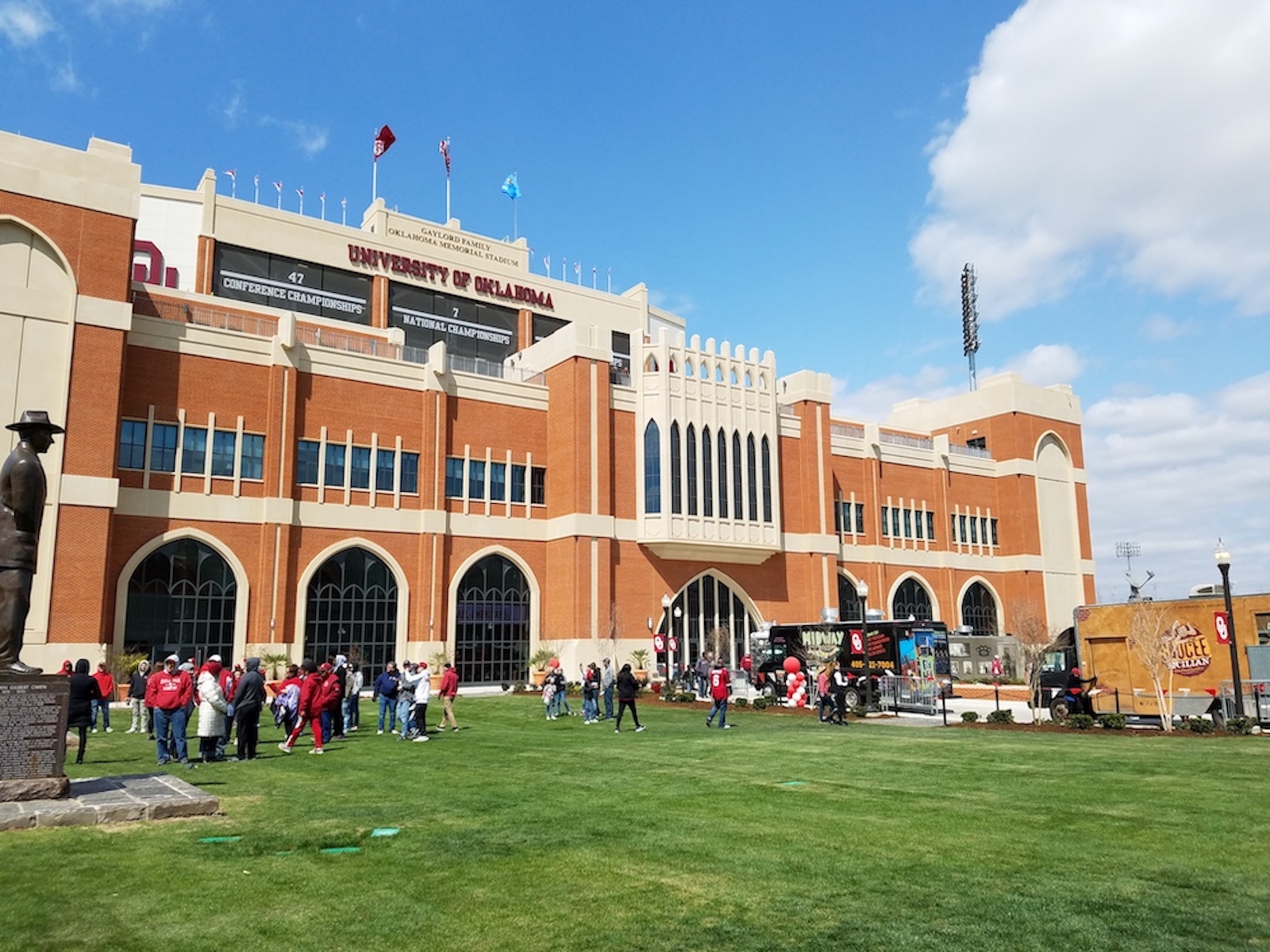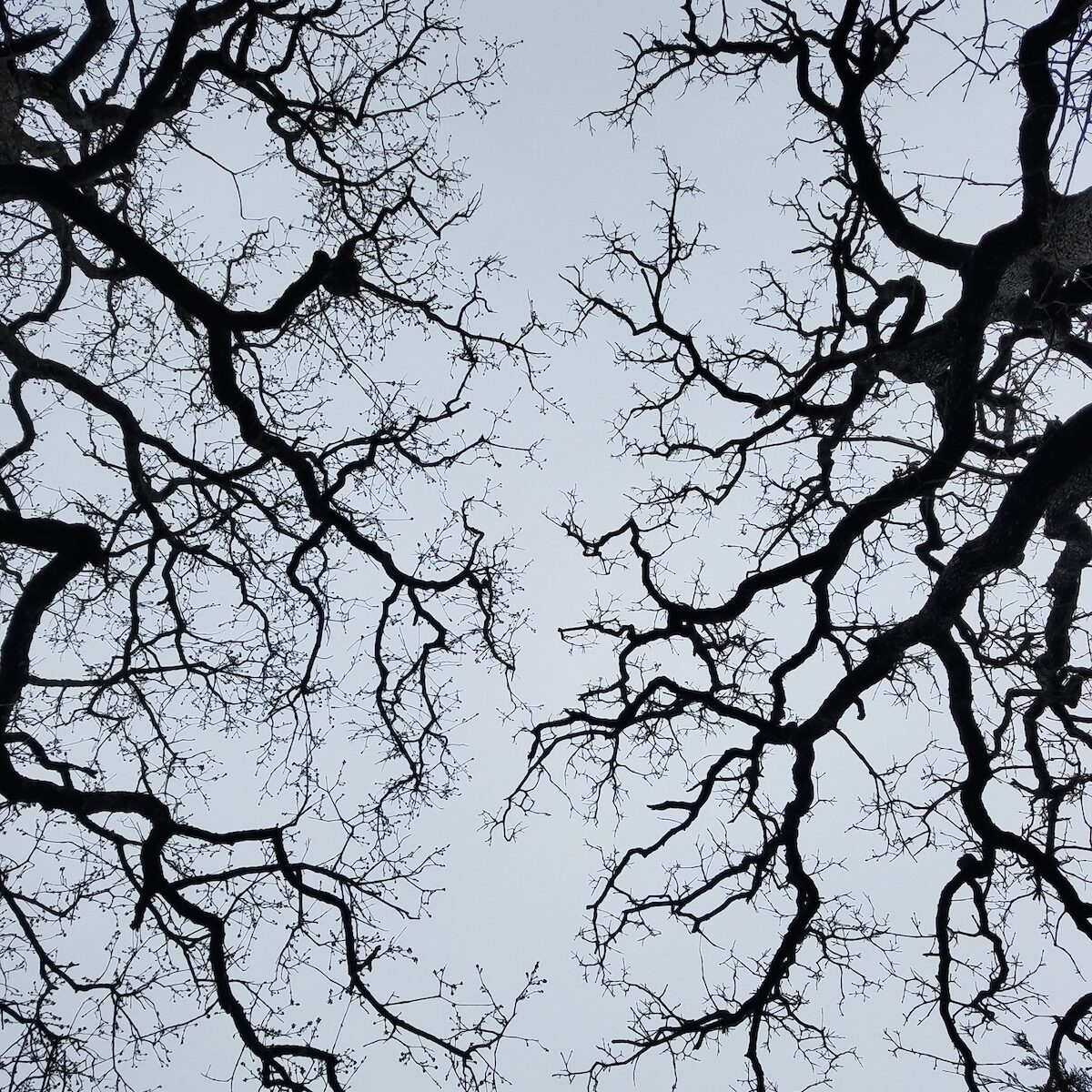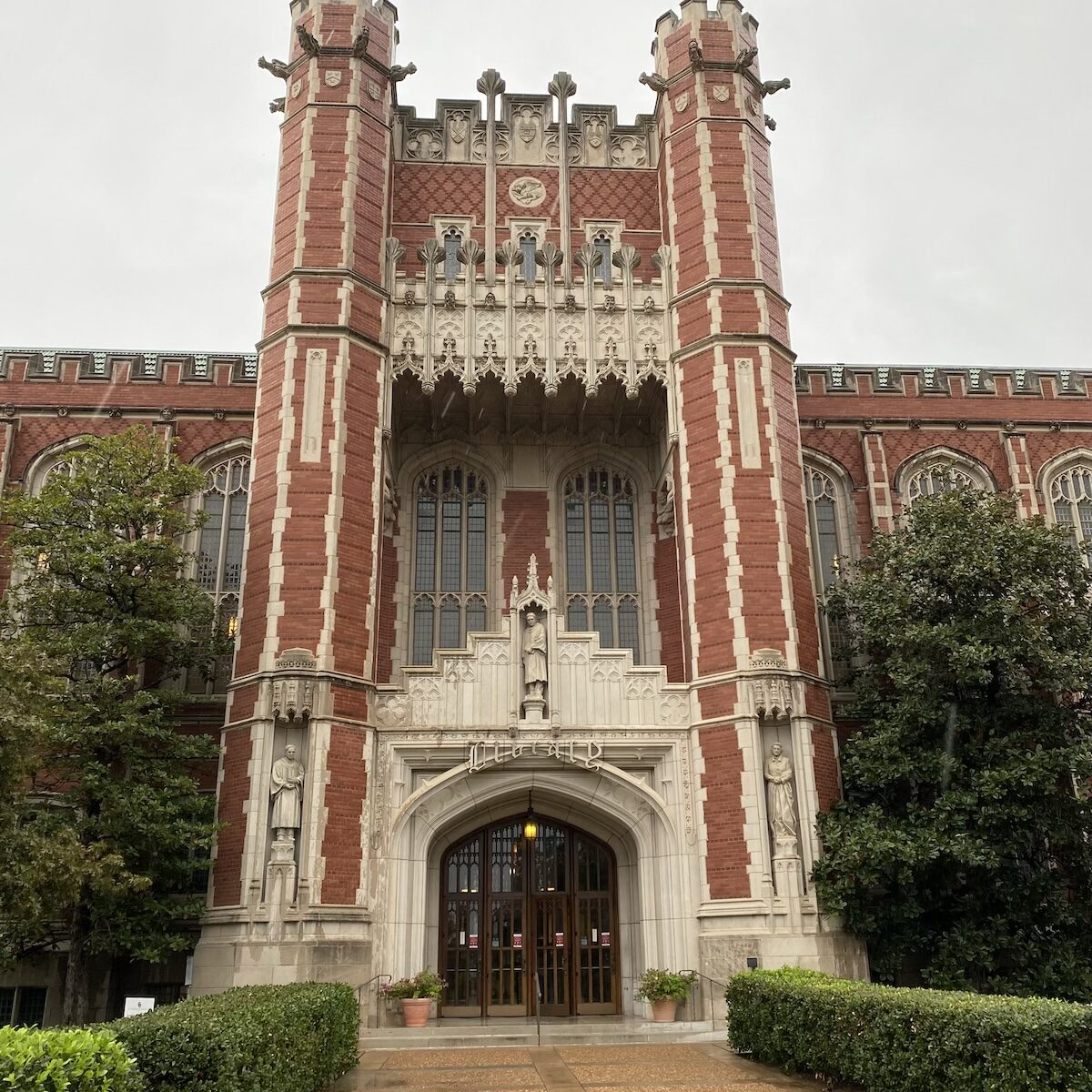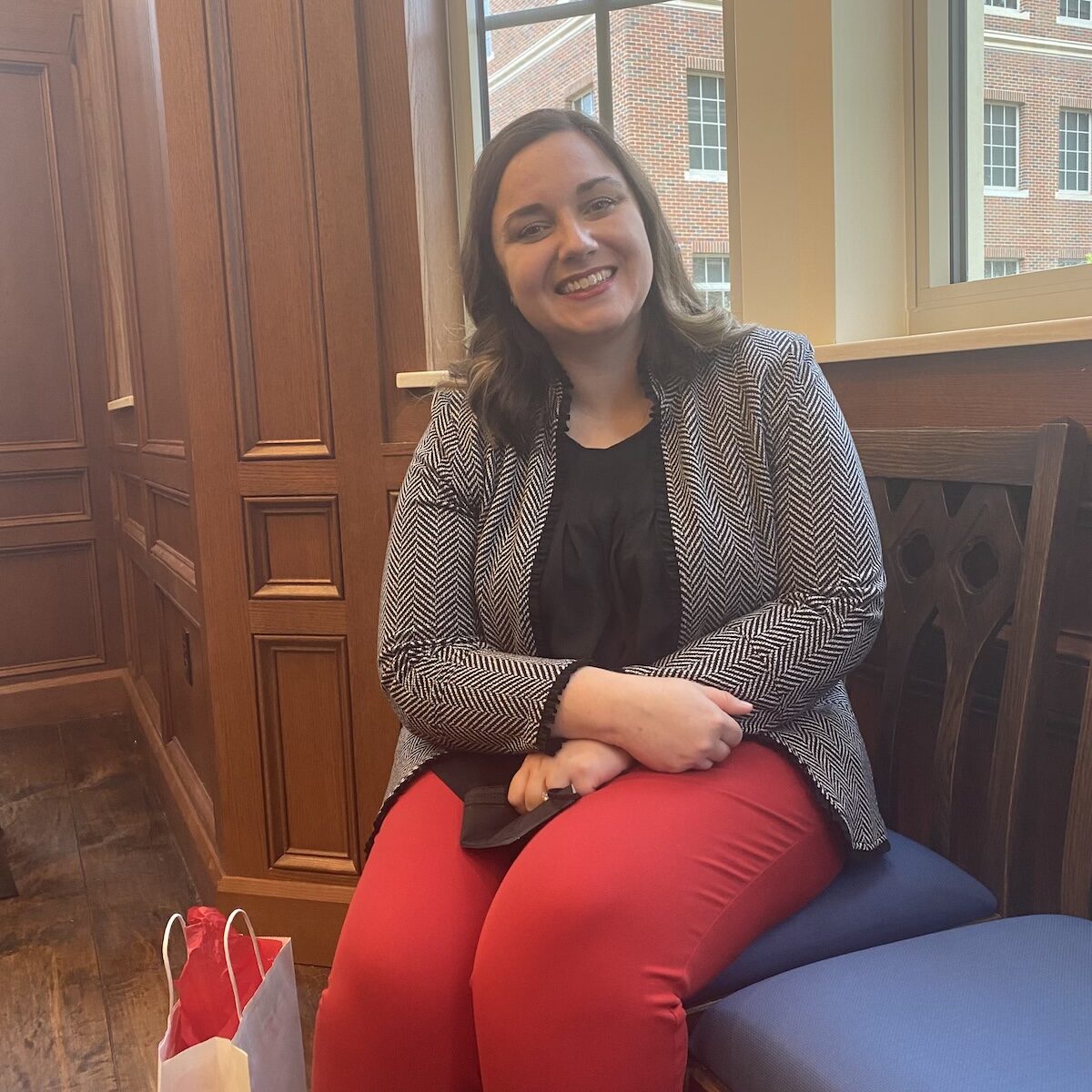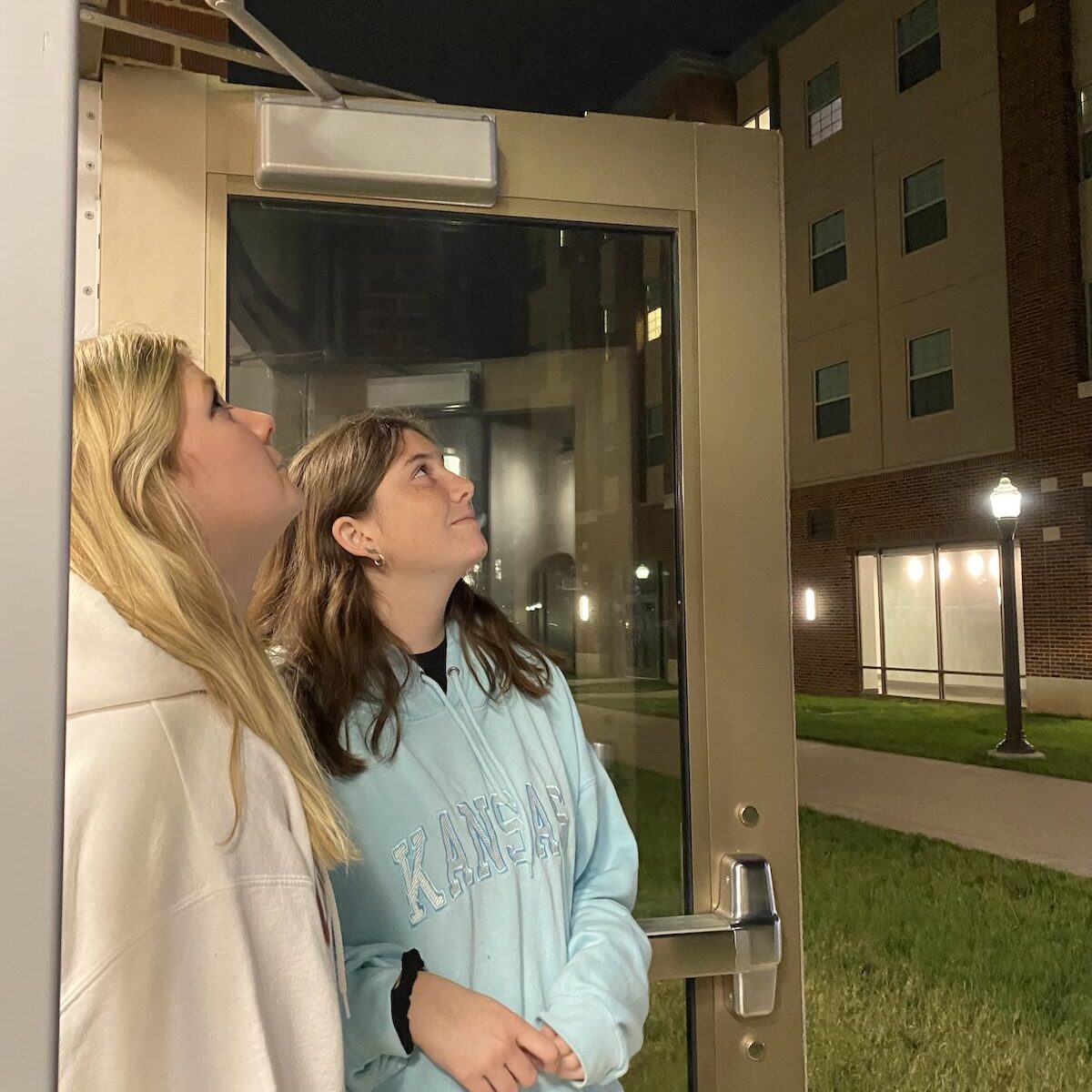Hope everyone had a spooky and fun Halloween.
To help get us all in the Halloween spirit, our class worked on a set of scary short stories this week. Every student wrote a piece centered around the fictional Greenbriar House. From the long and detailed history of the house we were given, I chose to write a narrative set in the early 40s. The background we were given and my story make up the rest of this post. Enjoy!
“1939—the house is sold again, only this time it’s turned into a home for the mentally ill. The house is renamed the Donald Haynes Institute of Mental Health after the director of the home. The establishment takes care of wealthy patients families want hidden away.”
“1941—World War Two begins and stories are told about the various inmates at the hospital. Reporters constantly try to penetrate security to get pictures of the famous inmates. Some of those reporters go missing, as well as orderlies and staff. More than a dozen deaths happen there over the next ten years. Some are suicides. Some are murders. Other people disappear. And there are constant ghostly sightings.”
Greenbriar House 1945 – by Jessica Zimmerman
They shouldn’t have brought me here.
I have my room, my chair, my bed, and my sink. I have the bland food, the pale pills, and the dull nurses that arrive at my door on a regular schedule four times a day if I behave. I do not have my knives and tools, my books and diagrams on the human body, nor my lists and ledgers and bottles and chemicals for mixing up strange and fascinating concoctions.
That matters not, because I have my large, dusty window that looks over the back of the grounds – my window covered with ivy and carelessly crafted metal bars – bars that are hardly more substantial than the ivy itself. The windowpane rattles in the wind, and in the winters the cold seeps in at the seams. When it rains, puddles collect under the sill, and in the humid summers the moisture feeds the dark-colored mold that clings to the wall. But I love my window because when the wind howls, the sterile, white-clad figures that guard the halls at night can’t hear the scrape of the glass being raised open, nor the squeak of the bars being twisted aside. And if I hide my pills properly, the nurse assumes they’ve been consumed, and I have a peaceful, unbroken timeframe of six hours before they’ll bother to check my room. I squeeze my thin limbs through my treasured window and into the shadowy night.
They shouldn’t have brought me here.
Here, where the outsiders say you’d hear voices and see whisps of those who once had been.
Here, where any havoc I care to wreak is dismissed because the nurses would rather not have to investigate the “mysterious forces” that might cause such occurrences. I do not fear the mysterious forces. The only mysterious forces at play are my own ruthlessness and cunning.
They say this house has a history of ghosts. I say it is only a history of people who care more for their own ambitions than for the well-being of their fellow man. Which is to be feared more?
They say you’ll hear voices. I hear them too, but I know they are only the voices in my head and the voices of my victims. I’ll be here for years, free to soak in the glory of my reign of terror. Freedom is simply a game of blending in and biding my time.
They shouldn’t have brought me here, where they call me crazy and brush me aside, leaving me with all the power my heart desires.
